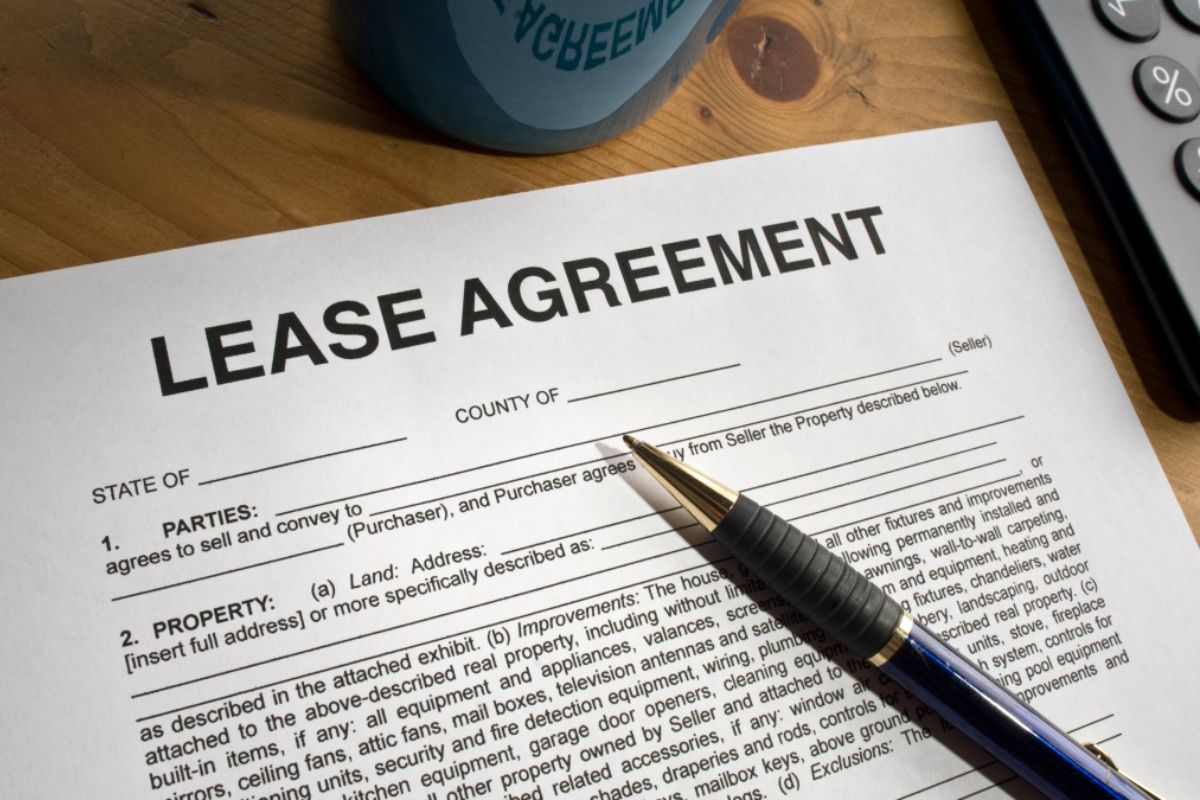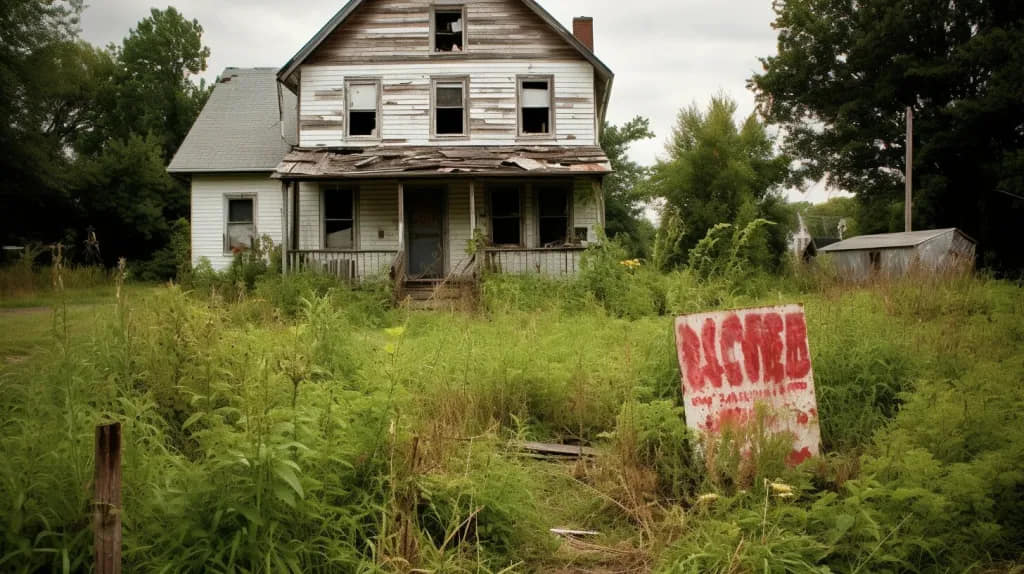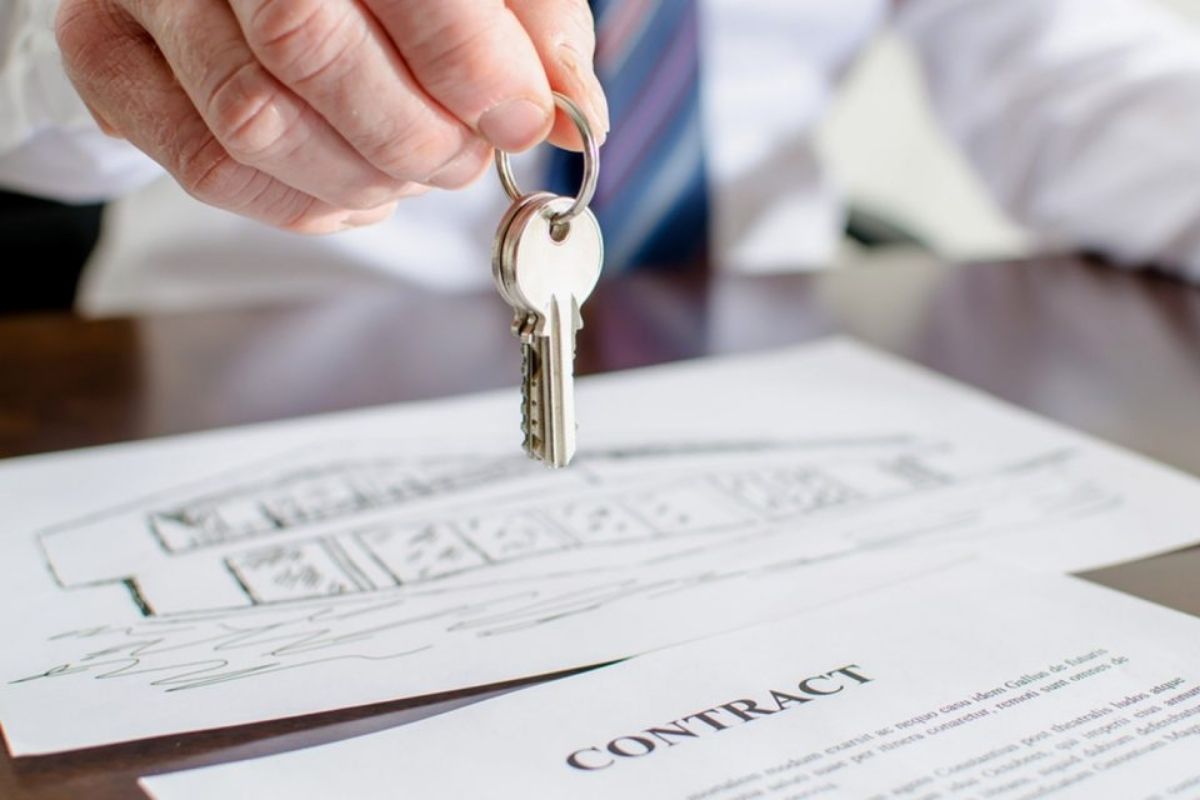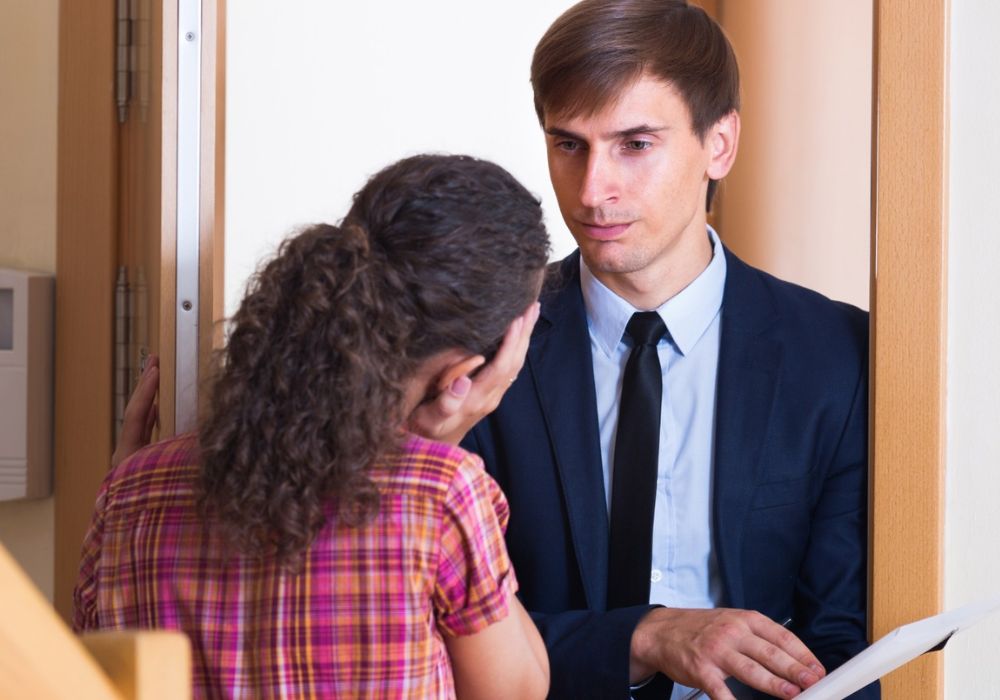When a tenant receives an eviction notice, it can be a stressful and confusing time. One common question that arises is whether the tenant still needs to pay rent during the eviction process. The answer is yes, tenants are legally obligated to pay any outstanding rent to the court until the eviction case is fully resolved. In this article, we will explore the legal process of eviction, tenant rights, and common questions about rent payment, eviction timeframe, and financial hardship.
Is it required to continue paying rent after receiving an eviction notice?
In the event of an eviction notice, the tenant is legally obligated to submit any outstanding rent to the court and continue to do so on a monthly basis until the eviction case is fully settled by the court. This means that the tenant should not pay the rent directly to the landlord but instead make payments to the court until the matter is resolved.
Can a landlord evict me without going to court?
According to the law, a landlord is required to follow a specific legal process in order to evict a tenant. This process usually involves going to court and obtaining a court order that allows the landlord to legally remove the tenant from the property.
It is not permissible for a landlord to take matters into their own hands and try to force a tenant to vacate the property without following the proper legal procedures. Attempting to do so could result in legal consequences for the landlord, such as fines or other penalties.
Do you have 30 days after eviction notice?
n most cases, the tenant will have a period of three days from the receipt of the notice to either pay the overdue rent or vacate the property.
How late can you rent before eviction?
The amount of time a landlord must wait before initiating eviction proceedings varies depending on state laws and the terms of the lease agreement. In general, however, landlords can usually start the eviction process within 3 to 10 days after the rent is due and remains unpaid.
Can I be evicted if I'm behind on rent due to financial hardship?
In general, tenants who are behind on rent due to financial hardship may have some protections against eviction. However, the specifics of these protections vary depending on the laws of the jurisdiction in which the tenant resides.
Many jurisdictions have enacted emergency measures, such as eviction moratoriums, to help protect tenants who are unable to pay rent due to COVID-19-related financial hardships. These measures may provide temporary relief to tenants facing eviction for nonpayment of rent.
Related: What Are My Rights As A Tenant?
What happens if I don't move out after being evicted?
If a tenant refuses to leave the property after being evicted, the landlord can take legal action to have them removed. If the judge rules in favor of the landlord, the tenant will be provided with a specific timeframe to vacate the property. Failure to vacate within the allotted time will result in the landlord involving law enforcement to forcibly remove the tenant.
Can a landlord change the locks to prevent me from entering the property?
Although there are laws prohibiting landlords from using lock changes as a method of eviction, there are no clear regulations on whether landlords are allowed to change locks in other situations.
Conclusion
In conclusion, tenants who receive an eviction notice are legally required to continue paying rent until the eviction case is resolved. Landlords cannot evict tenants without going through the proper legal process, and tenants may have protections against eviction due to financial hardship.
If a tenant does not vacate the property after being evicted, the landlord may take legal action to have them removed. Therefore, the answer to the question "Do I have to pay rent after eviction notice?" is yes, tenants must continue to pay rent until the eviction case is fully settled by the court.


![Roaches In Apartment Law [Updated 2023]](https://www.allinfohome.com/storage/photos/63f329cf87bfe39c38006c42/Roaches In Apartment Law.jpg)


